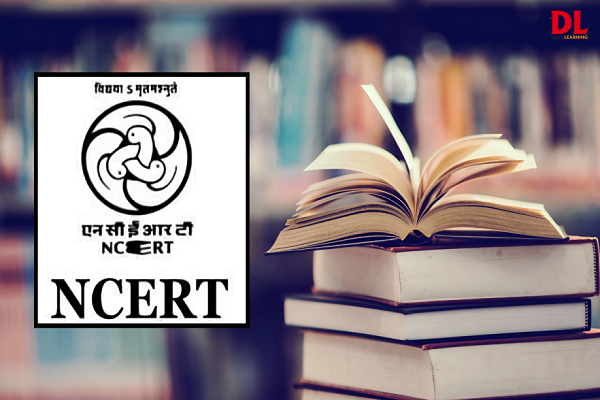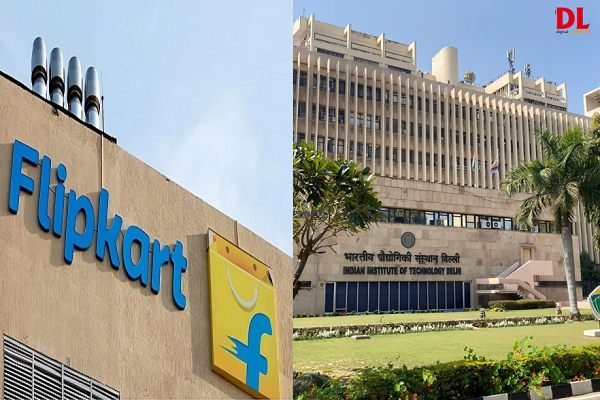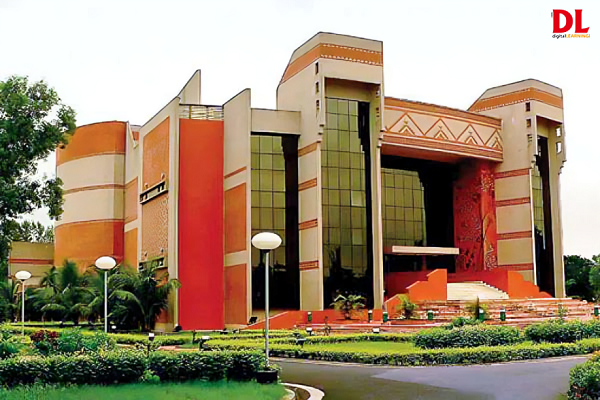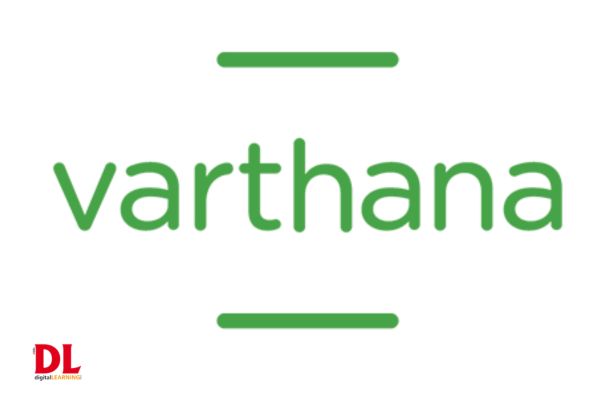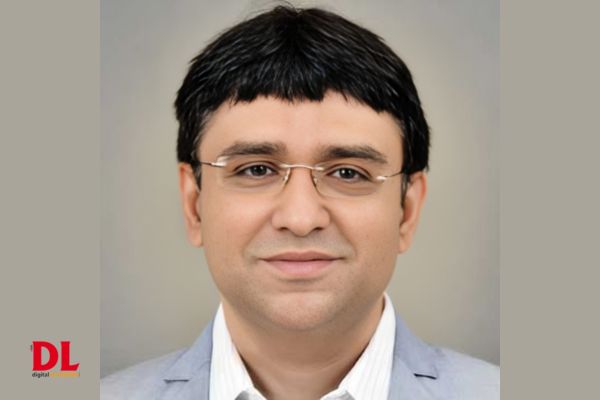The neuroscience and data science-based TeachingLearning approach of EduBrisk aims to customise educational content and methodologies for individual learners by leveraging neuroscience principles that focus on how the brain processes and retains information. Teachers can effectively address neurodiversity in the classroom, identify and bridge learning gaps using these principles. Ultimately, the goal is to create a more adaptive and tailored learning experience that aligns with the cognitive and individual needs of students, shared Saiju Aravind, Founder, EduBrisk in an exclusive interview with Elets News Network. Edited excerpt:
What challenges in the education sector do you believe EduBrisk’s solutions are particularly well-equipped to address?
EduBrisk is addressing a range of challenges in the education sector, making it more accessible for schools to implement their solutions. Among the issues tackled are disintegrated and static curriculam that seem detached from real-life applications, non-inclusive classrooms lacking personalized learning approaches, and a weak teaching and learning ecosystem. Additionally, the platform addresses concerns related to the accessibility and cost of quality education, exacerbated learning gaps, and the absence of a dedicated platform for senior leadership in schools to meet regulatory compliance and adapt curricula. Moreover, EduBrisk aims to enhance the limited integration of technology in educational practices.
In response to these challenges, EduBrisk provides targeted solutions to streamline the workload of teachers, enhancing their effectiveness and efficiency. The platform emphasizes inclusive, integrated, and individualized learning experiences in alignment with educational mandates. It offers tools for tracking and monitoring progress, along with analytics-based interventions. EduBrisk conducts upskilling programs for teachers and accelerated learning workshops for students. The platform also extends expertise support and guidance for UAE School Inspection, contributing to an inclusive improvement in academic performance. Leveraging neuroscience and data science, EduBrisk facilitates accelerated performance improvement for students, ensuring a holistic and adaptive approach to education.
Edubrisk emphasizes personalised teaching – learning. Could you explain how your platform tailors educational content to individual student needs?
We place a strong emphasis on personalized learning by providing tailored teaching and learning resources to both teachers and students. The platform ensures that individuals receive the most suitable resources based on their unique needs, fostering a truly personalized and effective learning experience. Employing a differentiated curriculum approach, EduBrisk offers content and resources in VARK format, catering to diverse learning needs. What sets EduBrisk apart is its commitment to allowing teachers and students to further customize and fortify the content as part of the curriculum adaptation and progression process, ensuring a flexible and adaptive educational environment. Additionally, the platform incorporates a topicspecific pre-assessment module to diagnose individual learning needs, accompanied by guided modules designed to address and mitigate any identified learning gaps, promoting a comprehensive and targeted approach to education.
Could you elaborate on the key solutions and services that EduBrisk offers to educational institutions?
We offer a multitude of features designed to significantly alleviate the workload of teachers. These include an Assignment & Test creator, Scheduler, and Test Analysis tools that streamline the assessment process. The platform facilitates efficiency through the autopopulation of step-down topics for pre-teaching, ensuring a cohesive learning experience for students. It also provides access to a repository of 10 years’ board exam question papers, aiding in comprehensive exam preparation. EduBrisk further supports educators with a Lesson planner and a wide array of integrated cross-curricular teaching resources. The platform goes beyond one-size-fits-all approaches by offering differentiated teaching and learning resources tailored for Emerging, Expected, and Exceeding categories of learners.
To address learning gaps, EduBrisk incorporates diagnostic pre-teaching assessment tests and enhances foundational learning skills based on subject-wise prerequisites. With horizontal and vertical integration of subjects/ resources, the platform ensures a cohesive educational journey. Integration of stakeholders, including school management, teachers, students, and parents, creates a collaborative educational environment. EduBrisk allows for the individualization or customization of curriculum content, ensuring continuity in the teaching-learning process. The platform also facilitates the monitoring of progress and attainment for specific cohorts, validating school assessments through triangulation, and tracking school-wise academic targets, goals, and learning loss.
Most of your solutions cater to school education as your target audience. Could you please elaborate on this aspect, and why you selected this particular segment as your audience?
At EduBrisk, we observed that a large number of students are losing their interest in learning early on in their life due to the ‘burden of noncomprehension’. We could address and mitigate this problem with the help of knowledge available through recent developments in neuroscience and pinpointing the difficulties using advanced Diagnostic tools. We found that the best time for intervention is during the school years from grade 2 to 12, as recifying the problem early on helps students to reinvent the joy of learning. Further, these changes early on in life help in sustained neuroplastic changes in learning.
We strongly believe that the above can be achieved through progressive minded school leadership and teachers willing to embrace advancements in both technology and pedagogy. Our vision and product align seamlessly with the guidelines set by regulatory bodies such as MoE/KHDA/NEP 2020, offering schools a valuable framework to benchmark themselves with international standards.
What are the various types of workshops that EduBrisk conducts for schools?
We are committed to fostering holistic development within schools through a diverse range of workshops. The School Teachers Empowerment Programme (STEP) stands out as a cornerstone initiative, focusing on equipping educators with essential skills in ICT, inclusive, and integrated education. Through this program, teachers gain valuable insights and training to navigate the ever-evolving landscape of educational technology and ensure inclusivity in their teaching methods. Additionally, the Students Curriculum Oriented Empowerment (SCOrE) workshop addresses critical aspects of accelerated learning, dispelling the illusion of competence, and bridging learning gaps among students. This initiative reflects EduBrisk’s dedication to enhancing the overall learning experience and promoting student success.
Furthermore, the Parents As Life Mentors (PALM) workshop delves into the intersection of parenting and technology, recognizing the vital role parents play in supporting their children’s educational journey. By engaging parents in discussions about technology’s impact on learning, PALM aims to foster a collaborative and supportive home environment conducive to a child’s academic growth. Together, these workshops underscore EduBrisk’s comprehensive approach to education, involving teachers, students, and parents in a collective effort to optimize the learning ecosystem.
Can you share any upcoming innovations or developments within Edubrisk?
EduBrisk is developing a holistic report card, AI-based quick learning and doubt-clearing modules, and guided mode for corrective actions, and Intuitive dashboards with suggestive actions for SLT, Teachers, Students & Parents.








